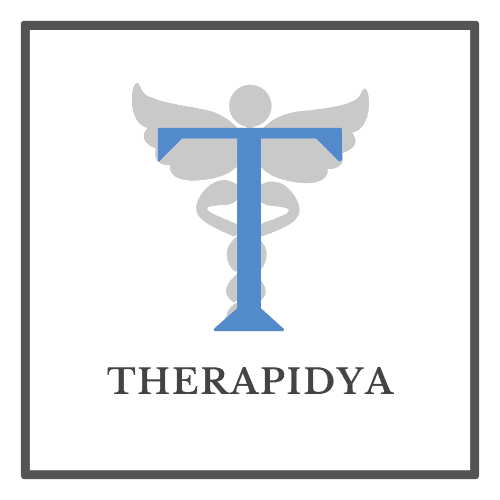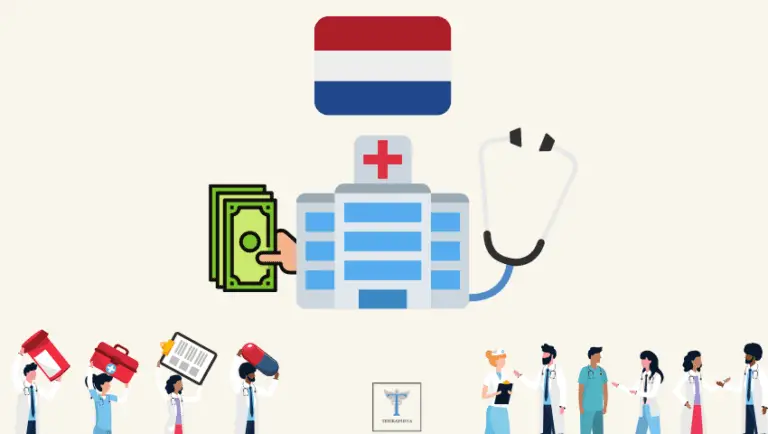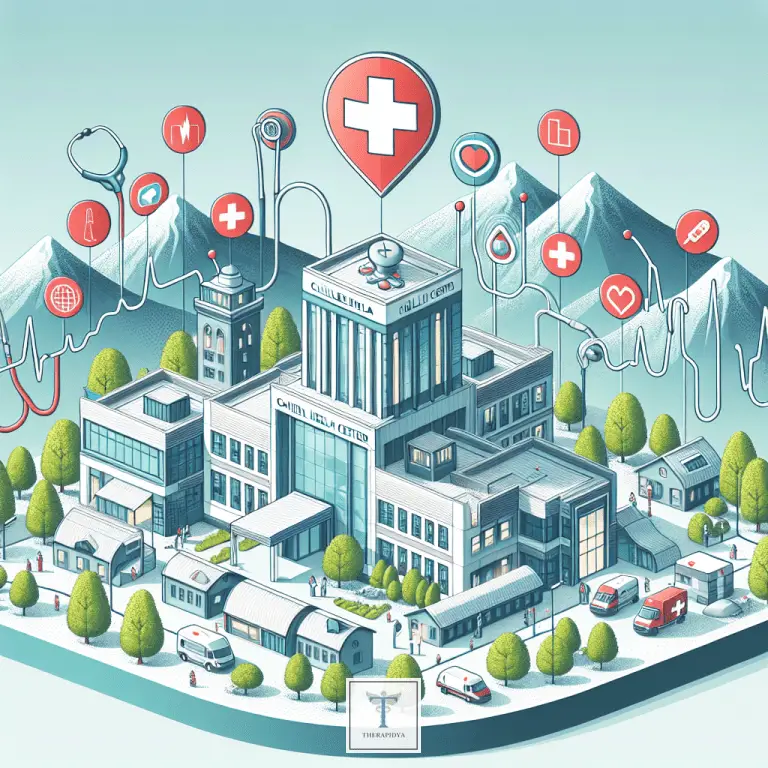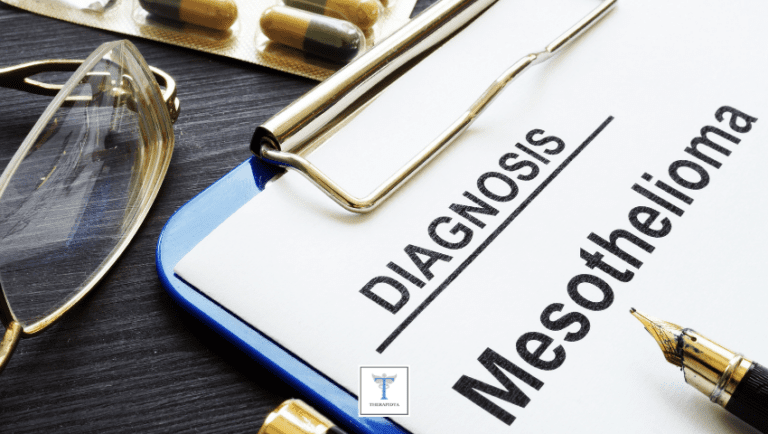Medical Vaccines in Germany .. You full guide 2023
Medical vaccinations in Germany are not compulsory, but they are highly recommended at the state level. If you are in doubt about what you should do, you can consult your doctor or take the German vaccination system and list of recommended vaccinations as a guide in this regard.
It is likely that you were vaccinated against certain diseases as a child, which depends on the country in which you grew up. However, it is possible that these diseases are uncommon in the Federal Republic of Germany , and immunization is necessary to prevent completely different diseases.
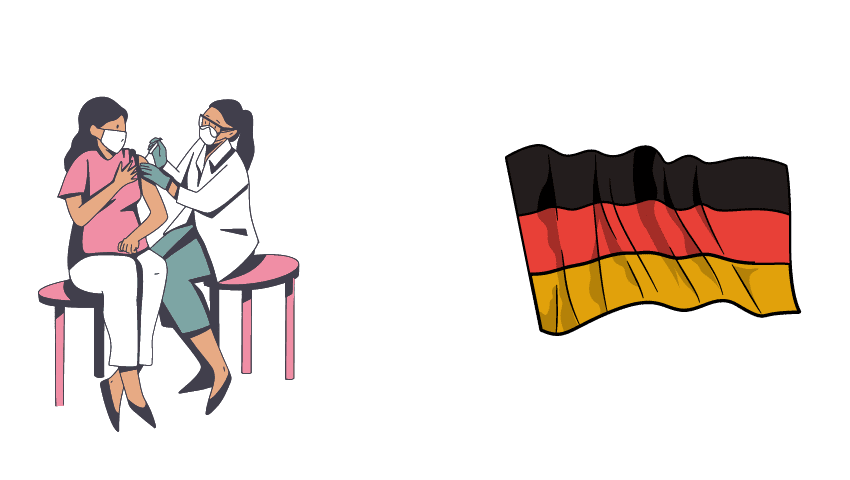
What medical vaccinations in Germany are recommended?
The STIKO Standing Committee on Vaccination recommends vaccination of the German population against the following diseases:
- Tetanus;
- diphtheria (diphtheria);
- Whooping cough;
- Haemophilus influenzae type (Hib);
- Poliomyelitis;
- Hepatitis B;
- Streptococcus pneumoniae;
- Rotavirus;
- Meningococcus C;
- Measles;
- Mumps;
- Rubella MMR;
- Chickenpox (varicella);
- HPV human papillomaviruses.
Please note : Everyone currently living in dormitories must be vaccinated against measles. You can read more about this in the article Reception centers for refugees in Germany . In addition, STIKO recommends that older adults and pregnant women get the flu vaccine. One of the committee’s latest recommendations is to vaccinate against the coronavirus.
For anyone who spends a lot of time outdoors in areas where tick-borne encephalitis is common, STIKO recommends getting the spring and summer tick-borne meningitis (FSME) vaccination. FSME is an inflammation of the gray matter of the brain or the meninges of the brain and spinal cord that is spread by a virus.
For travelers abroad, there are special recommendations and, in some cases, prescriptions for additional vaccinations. More information about this on trobeninstitut.de .
What are the types of vaccinations in Germany?
There are several vaccination schedules that allow you to be immunized against certain pathogens. Some vaccinations must be repeated several times at regular intervals.
In particular, the primary vaccination (for children aged six weeks to 23 months) is carried out in four stages (from G1 to G4). After the initial vaccination, in many cases, repeated vaccinations are required. It is usually given to children between the ages of 2 and 17. Revaccination may also be required at an older age. The vaccination calendar of the Standing Committee on Vaccination (STIKO) is available on the website of the Robert Koch Institute in 21 languages.
What is the Impfpass vaccination card?
After the first vaccination in Germany, you will be given a small yellow book, the vaccination card or the Impfpass vaccination record, there are also the names Impfausweis or Impfbuch. All vaccinations given to you will be entered in this booklet: this is important for vaccination. When visiting a doctor, always take this document with you. If you have minor children, it is your responsibility to keep their vaccination cards and follow their immunization history so that you do not miss immunizations.
Besides the vaccination record, you can also keep a children’s check-up book called the yellow book. All routine examinations of the child (U1 – U9) will be documented at every visit to the doctor until his sixth birthday, which contributes to early diagnosis of diseases. You can get such a yellow booklet at the Geburtsklinik maternity hospital or at the obstetrician-gynecologist’s office immediately after the birth of the baby. If you lose this booklet or do not have one, you can ask your healthcare provider for a new one.
Who pays for medical vaccines in Germany?
The National Health Insurance Fund covers the costs of vaccinations recommended by STIKO. If your profession is associated with an increased risk of infection, your employer pays for vaccinations. This applies, for example, to kindergarten teachers . When traveling to a country where vaccination against certain diseases is compulsory or there is an increased risk of contracting certain infectious diseases, check with your Krankenkasse health insurance fund to see if necessary vaccinations will be covered.
How do you protect yourself from infection?
Kindergartens, schools , summer camps or dormitories are places for large gatherings of people in a limited space. Therefore, to protect residents there from infection, there are special rules. Those who fall ill are required to report infectious diseases in order to prevent their spread. Children with an infectious disease are not allowed to go to kindergarten or school.
Where can I find information about vaccinations in Germany?
Vaccination recommendations can be found in more than 20 languages at rki.de. The website of the Robert Koch Institute also contains informative materials on this topic in different languages. On infektionsschutz.de you will find information on common diseases and their causes in six languages.
If you speak German, visit the website of the Federal Center for Health Education BZgA at www.impfen-info.de . Among other things, you can find informational videos on their website in the Media Library section.
In conclusion, Aside from medical vaccinations, proper hygiene can also help you prevent infectious diseases. To protect yourself and others, it is important to pay attention while washing your hands, coughing, proper hygiene in the kitchen and bathroom, and hygiene in handling animals.
